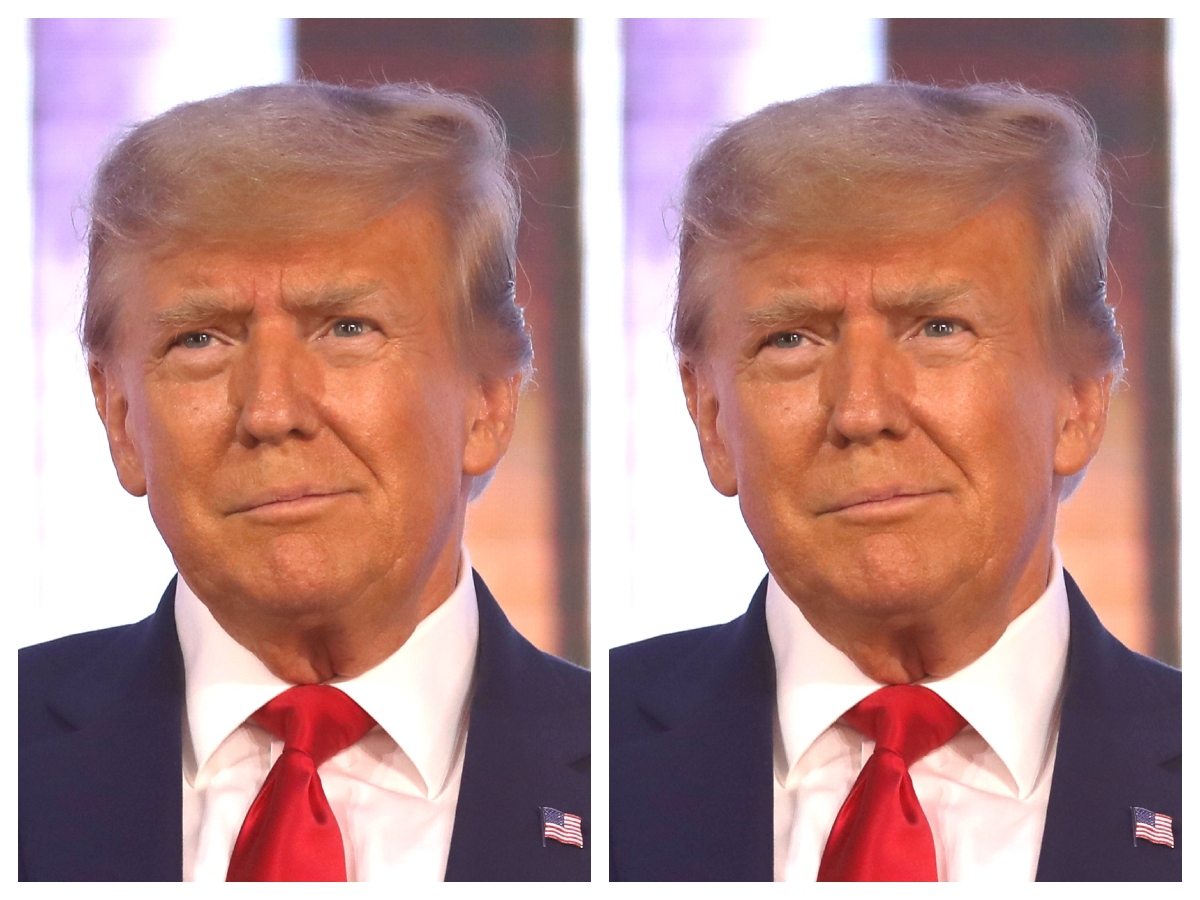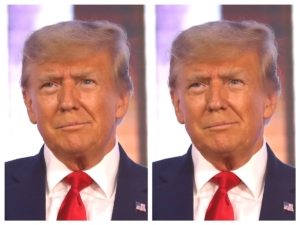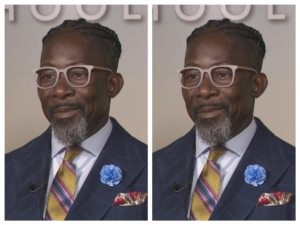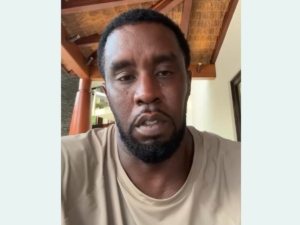A federal appeals court in Boston on Friday blocked President Donald Trump’s attempt to deny citizenship to children born in the United States to parents who are in the country illegally or on temporary status.
The ruling from a three-judge panel of the 1st U.S. Circuit Court of Appeals makes it the fifth federal court since June to reject or suspend the policy. Judges found that the plaintiffs are likely to prevail in arguing that the 14th Amendment’s Citizenship Clause guarantees those children birthright citizenship.
By upholding earlier injunctions that froze the policy while lawsuits proceed, the panel concluded the order, signed the day Trump took office, runs counter to more than a century of legal precedent.
READ ALSO: Judge halts Trump’s birthright citizenship order in third major blow
“The ‘lessons of history’ thus give us every reason to be wary of now blessing this most recent effort to break with our established tradition of recognizing birthright citizenship and to make citizenship depend on the actions of one’s parents rather than — in all but the rarest of circumstances — the simple fact of being born in the United States,” the court wrote.
California Attorney General Rob Bonta, part of a coalition of nearly 20 states suing the administration, praised the ruling.
“The First Circuit reaffirmed what we already knew to be true: The President’s attack on birthright citizenship flagrantly defies the Fourteenth Amendment of the U.S. Constitution and a nationwide injunction is the only reasonable way to protect against its catastrophic implications,” Bonta said in a statement.
READ ALSO: Appeals court strikes down Trump’s birthright citizenship order as unconstitutional
In recent months, judges in Massachusetts, Maryland, New Hampshire, and California have all issued nationwide orders or upheld challenges to block the policy. The Justice Department, insisting the courts are misinterpreting the 14th Amendment, has already asked the Supreme Court to review the issue.
White House spokesperson Abigail Jackson said in a statement, “The court is misinterpreting the 14th Amendment. We look forward to being vindicated by the Supreme Court.”
At the core of the dispute is the Citizenship Clause of the 14th Amendment, which states that all persons born or naturalized in the United States and subject to its jurisdiction are citizens. Plaintiffs argue this clause makes Trump’s order unconstitutional, while administration lawyers contend that children born to parents without lawful status are not automatically covered.
The Supreme Court last addressed the principle in 1898, ruling that a child born in San Francisco to Chinese parents was a U.S. citizen by birth. That precedent continues to guide challenges against Trump’s order today.










